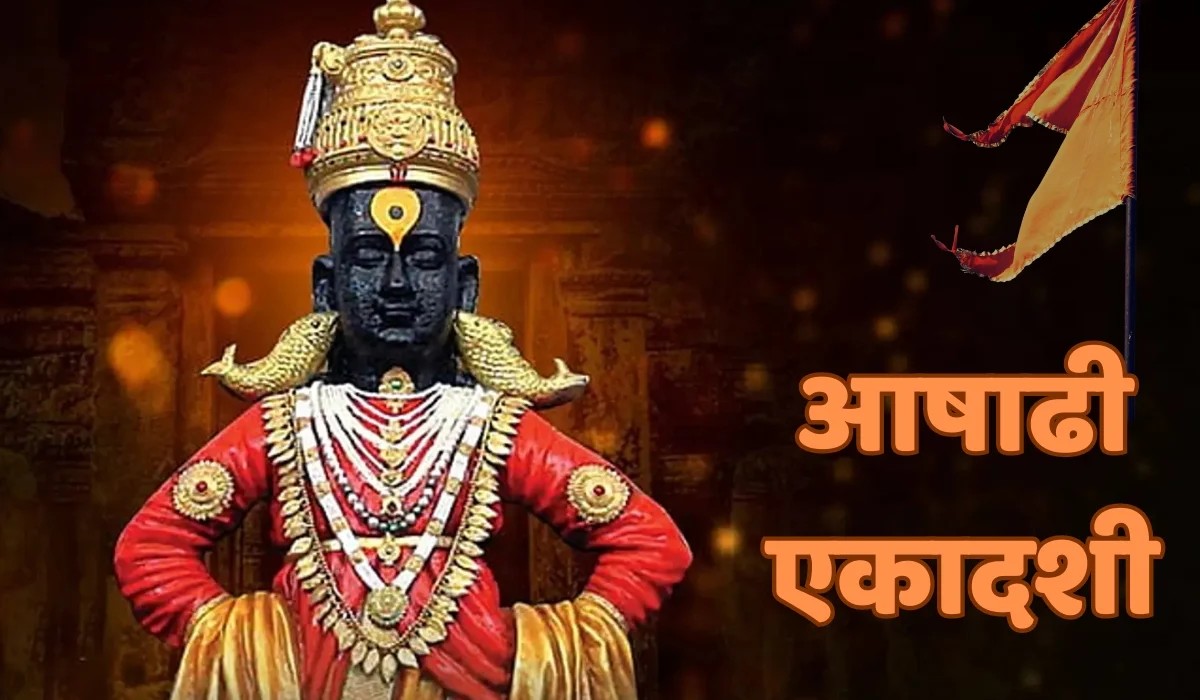Ashadhi Ekadashi, also known as Maha Ekadashi, holds a special place in Hindu culture and spirituality. Falling on the eleventh day of the waxing moon in the month of Ashadha (June-July), this auspicious day is celebrated with great fervor and devotion across India.
Significance:
Ashadhi Ekadashi carries profound spiritual significance for devotees of Lord Vishnu, especially followers of the Vaishnavism tradition. It is believed that observing austerities and fasting on this day helps in cleansing the soul and attaining spiritual liberation. According to Hindu mythology, on this day, Lord Vishnu goes into a deep sleep (Yoga Nidra) for four months (Chaturmas). Devotees fast and pray to seek blessings and protection during this period.
Pandharpur Wari:
The most famous celebration of Ashadhi Ekadashi takes place in Maharashtra, particularly in Pandharpur, where thousands of devotees undertake the pilgrimage known as Wari or Pandharpur Wari. Pilgrims, called Warkaris, walk long distances chanting devotional songs and carrying palanquins (palkhis) containing footprints (padukas) of the revered saints Tukaram and Dnyaneshwar. The journey culminates at the Vitthal Temple in Pandharpur, where devotees seek the darshan (sight) of Lord Vitthal and Rukmini.
Observances:
On Ashadhi Ekadashi, devotees wake up early, take a holy bath, and observe strict fasting. They spend the day in prayer, singing bhajans, and listening to religious discourses that narrate the glory of Lord Vishnu and the significance of this auspicious day. In some regions, devotees also perform religious rituals and offer special prayers to seek blessings for prosperity and well-being.
Spiritual Significance:
The fast observed on Ashadhi Ekadashi is believed to cleanse the mind and body, remove sins, and purify the soul. It is considered highly auspicious for spiritual practices such as meditation and introspection. Devotees believe that observing Ekadashi vrata (fast) with utmost devotion brings spiritual merit and fulfills desires.
Ashadhi Ekadashi not only signifies religious fervor but also embodies the cultural richness and spiritual heritage of India. It teaches devotees the values of faith, devotion, and austerity. The celebrations of Ashadhi Ekadashi unite communities in devotion and provide an opportunity for spiritual growth and self-transformation.
In essence, Ashadhi Ekadashi stands as a reminder of the eternal bond between the devotee and the divine, inspiring millions to walk the path of righteousness and seek inner peace and enlightenment.
Also Read: Wimbledon Championship: A Glance at Tennis Tradition










